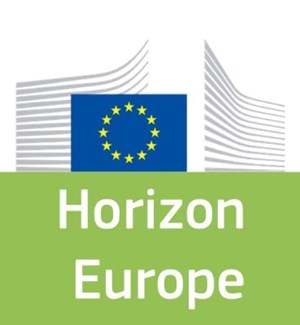- Technical University Denmark (Arctic Technology Center) - Greenland,
- North Highland College UHI - United Kingdom,
- Western Development Commission - Ireland,
- University for the Creative Arts - United Kingdom
Globally, oceans continue to accumulate debris in all forms making them possibly the biggest landfills on the planet. Marine littering, defined as the introduction of solid refuse into the marine environment through human activity, poses a major threat to the ocean environment and is a growing concern for authorities. Plastic is seen as an important material in our economy and our daily lives, but too often the way plastics are produced, used and discarded fails to capture the economic benefits of a more circular approach and harms the environment. Due to immature value chains most of the discarded nets end up in landfills or incineration plants instead of being recycled or upcycled. Most of the companies exploring waste fishing nets, ropes and components (FNRCs) to develop new resources, are micro-SMEs which operate within a regional or local market, where the demand is limited and product costs remain too high. Blue Circular Economy (BCE) aims to help small and medium-sized enterprises (SMEs) offering products and services within fishing gear recycling solutions in the NPA region to attain a greater market reach. Building on the network developed under Circular Ocean (2015-2018), the project will set up a multi-level cluster to connect and catalyze SMEs in the region. The cluster formation will be used as a hub, multiplier and network enabler where knowledge and experience is developed and shared, all the while adopting an inclusive gender-equal approach. The cluster establishment and operation will be done in collaboration with academia, industry and government agencies following a triple helix approach. BCE will therefore contribute to sustainable development in the NPA region at the economic, environmental and social levels.
Want to analyze based on this project via our analysis tool? Analyze this project
Knowledge Gaps
Commercial-related uncertainties
Environmental effects and ecotoxicity
Environmental risk assessment (ERA)




